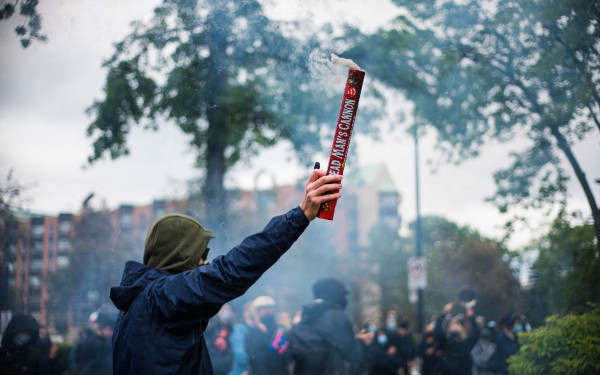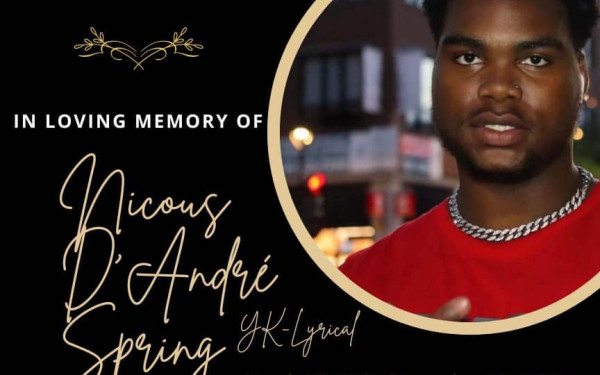Editorial: It’s Not Always Obvious
Racism has always been a part of civilization. In the past, it took forms that were more violent, gruesome, and public—enslavement, torture, public executions.
We claim to have evolved for the better, but the same issue persists. Only, it often manifests itself in more subtle and discrete forms.
Racism is usually not as trumpeted and celebrated as it used to be centuries ago. Although small extremist groups fester in cyberspace or exist in real life, they represent a minority of the population’s ideology. However, it lurks in the consciousness of many as a hidden part of them.
While expecting racism to end is farfetched, the more we take action in understanding the unknown, communicating our differences, being aware of our implicit biases, and speaking out against discrimination when it occurs, the sooner a needed cultural shift will take shape.
Listen to stories of victims. Listen to their experiences and support them. Even if you’ve never experienced any form of discrimination, be aware of what is going on around you—aware of the targets and perpetrators.
One assumption, one altercation, one comment—these things all add up to a significant impact.
Ignoring the reality of someone else, simply because you’re not noticing it, is counterproductive to fostering a rich and diverse society. Listen to others, be an ally, and raise awareness. Address racism—see where it comes from in order to solve it.
Institutions pass off responsibility over and over again; none actually take charge to implement change. Obviously, change won’t happen overnight—and it is easier said than done—but where is the initiative?
People “do their part”—writing reports, formulating long empty apologies.
We have all the pieces, but there is no concrete action.
If we look back into history, is this issue completely solvable? Can people really change? How do we pave the way for more cohesive and congruent communities? Although there are many layers to demystifying racism, it’s important we prioritize a vital concept: understanding why it’s not “Us vs. Them,” but us vs. toxic tribalism. We need to look past our allegiances to our own social groups in order to rebuild a deeper understanding of ourselves and our surroundings.
With the rise of nationalist and hate groups, the impetus for racism seems difficult to counter, and our culture still tolerates this mentality.
We must be willing to accept change in order to foster strong relationships with others and bring life to a healthy environment.
Actions are dictated by assumptions. Listen, learn, and get to know a person before you judge and act based on preconceived notions of who they are. Everyone has prejudice. It’s normal to have biases, but the important thing is to verify your assumptions before acting out.


_600_832_s.png)




